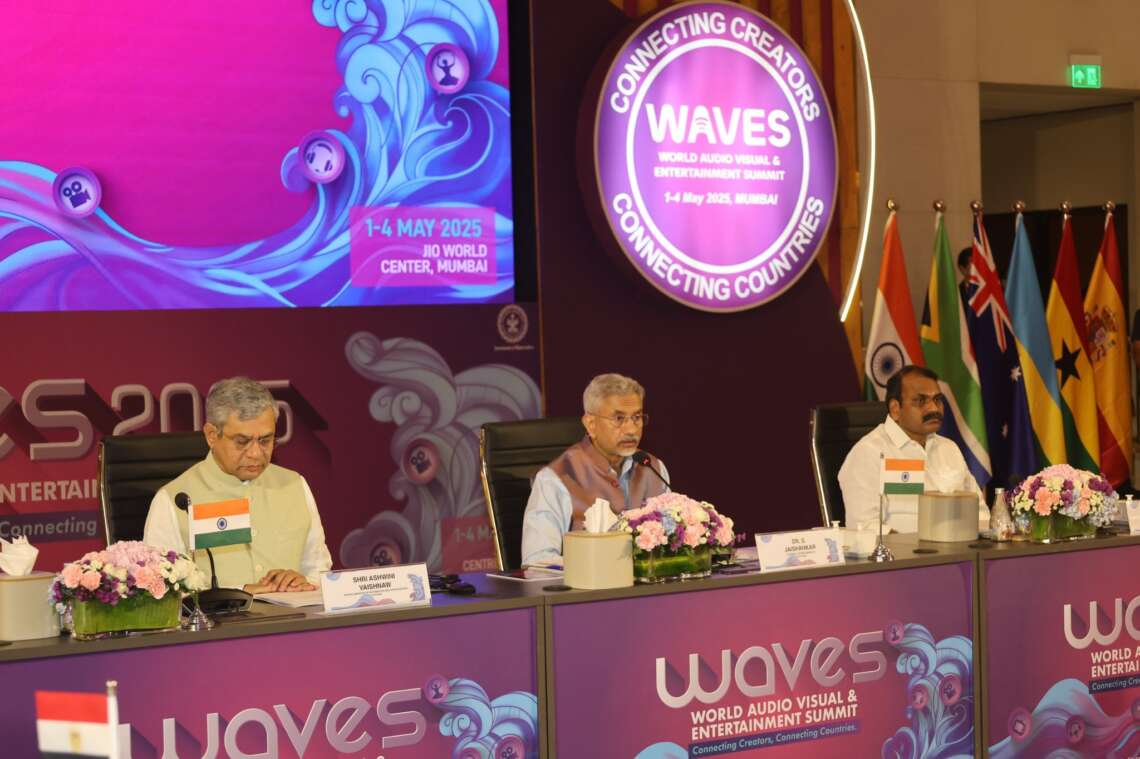India’s electronics manufacturing sector is undergoing a remarkable transformation, positioning the country as a major global hub for production and supply chain diversification. Riding on favourable government policies, geopolitical tailwinds, and a vast skilled workforce, India’s emergence as a preferred alternative to China is redefining global supply chains.
Experts are calling this the golden era of Indian manufacturing, powered by a robust political environment and strategic policy incentives such as the Production Linked Incentive (PLI) scheme. The government’s focus on ‘Make in India’ has rapidly accelerated the country’s electronics output, which is projected to reach $300 billion by 2026.
India has already surpassed expectations in mobile phone production, becoming the second-largest producer globally. Apple Inc., which currently manufactures around 14–15 per cent of its iPhones in India, is expected to at least double this share by next year, as part of its broader strategy to reduce dependency on China amid rising US-China tensions.
The numbers underscore the momentum: electronics production in India surged from $48 billion in 2017 to $101 billion in 2023, with mobile phones accounting for nearly 43 per cent of the sector’s value. The Semicon India Programme has further catalysed growth, targeting a self-reliant semiconductor and display ecosystem. India’s first indigenous semiconductor facility is expected by the end of 2025.

Labour costs in China are also pushing global manufacturers toward India, which boasts a younger, more cost-effective workforce. Moreover, India’s diplomatic stance—non-confrontational and cooperative—adds to its appeal in an increasingly divided geopolitical climate.
India is also forging critical international technology collaborations. Tata Electronics is partnering with Taiwan’s PSMC to establish a semiconductor fabrication plant, while CG Power is investing over ₹7,500 crore in an OSAT facility in collaboration with Renesas (USA) and STARS Microelectronic (Thailand).
With growing engagement in the Global South, India has already established itself as a key trading partner in sectors like pharmaceuticals and telecommunications. Its strengthened ties with countries across Africa, Latin America, and Southeast Asia further underscore its rising geopolitical and economic influence.
India’s attractiveness as a ‘China plus one’ destination extends beyond production. It is fast becoming home to dozens of Global Capability Centres (GCCs), reflecting its strategic importance in global R&D and digital operations.
International concern over China’s expanding digital authoritarianism—particularly via initiatives like the Digital Silk Road—has also helped fuel India’s ascent. Scholars argue that Chinese technology exports to Africa and elsewhere often fail to produce local knowledge transfer or sustainable upgrades, instead fostering dependence on Chinese systems.
In contrast, India is increasingly seen as a democratic, transparent, and collaborative partner for digital growth. Harvard’s Ricardo Hausmann has highlighted India’s potential to become a primary supplier of goods and technology to the Global South.
As countries re-evaluate their supply chains in light of security, political, and ethical concerns, India stands out as a scalable, stable, and sustainable solution. Its ascent in electronics manufacturing is not only a reflection of domestic reform but also a response to shifting global realities.
With the right investments and policy continuity, India is poised to become the next global epicentre for electronics manufacturing—serving both advanced economies and the Global South alike.









